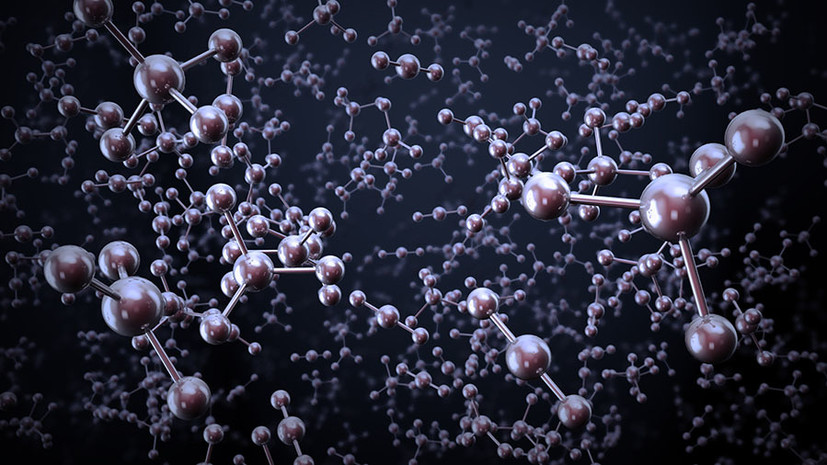A team of scientists from the National Research Center "Kurchatov Institute", the Institute of Cell Biophysics of the Russian Academy of Sciences, the General Physics Institute of the Russian Academy of Sciences and the Moscow Regional Scientific Research Clinical Institute named after M.F.
Vladimirsky designed and characterized a new fusion protein PSH for protection against radiation and free radicals.
This is reported in the Biochemical Engineering Journal.
The new PSH protein belongs to fusion proteins or so-called chimera proteins.
It was obtained by genetic engineering methods at the Institute of Cell Biophysics, Russian Academy of Sciences, from two antioxidant proteins of natural origin (human protein peroxiredoxin and bacterial superoxide dismutase).
“With radiation, with ionizing radiation, free radicals are formed, which cause oxidative stress - the process of damage to cells as a result of oxidation.
The new hybrid protein PSH is a powerful antioxidant, it allows you to more effectively fight oxidative stress than its components separately, ”Valeria Samygin, head of the department of structural biology of the Kurchatov complex of NBIX-nature-like technologies, said in a commentary to RT.
According to her, earlier it was customary to use synthetic chemical compounds as antioxidants, but they were unsafe, as they themselves caused toxic reactions in the body.
Moreover, in comparison with other known antioxidant enzymes, the spectrum of PSH action is wider.
In the new protein, antioxidants are combined into a single molecule, which is a powerful tool for fighting various types of free radicals.
To explain the unique radioprotective properties of the PSH protein, specialists from the National Research Center "Kurchatov Institute" carried out structural studies using a specialized source of synchrotron radiation.
“Since PSH is a potential pharmacological agent, it was important to determine its structure in solution under natural physiological conditions.
It was possible to carry out such a study at a synchrotron station designed to work with biological objects
, ”
said Pyotr Konarev, an employee of the department of structural biology of the Kurchatov complex of NBIKS-nature-like technologies.
According to preclinical studies in mice, the new PSH protein protects animals even from lethal doses of radiation, and at the same time it is completely harmless to the body itself.
In the future, based on the structure obtained, scientists plan to create new, more advanced versions of the PSH protein.
They can become potential medicines for protection not only from radiation, but also used in the treatment of pulmonary and cardiovascular diseases, radiation injuries, cut and burn wounds, as well as in organ transplantation, the researchers note.

